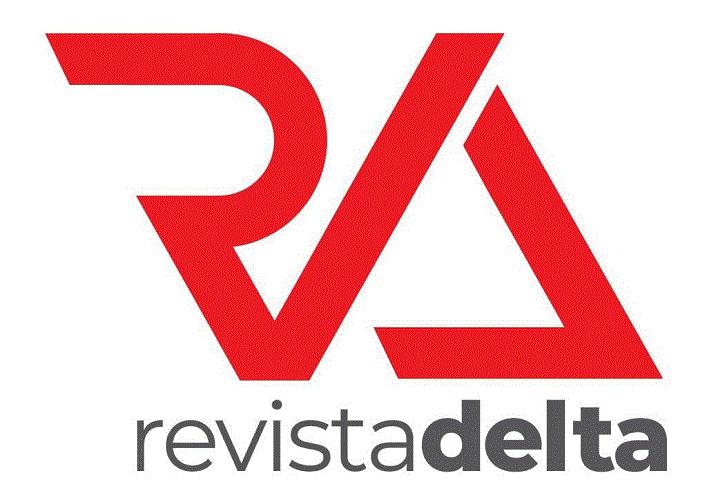A definition of metaphor is presented in the first part of this paper. Roughly speaking, an utterance is metaphorical if at the same time it is judged to be fictional and its interpretation depends on projection. Such a definition allows the distinction between two types of utterances: conventional metaphors and living metaphors. For instance: ‘Maria é um anjo’ (Mary is an angel) and ‘A manhã é uma esponja’ (The morning is a sponge), respectively. The second section proposes a description of the interpretation of living metaphors. It will be argued that there are several layers of constraints with respect to the interpretation of living metaphors. The paper ends presenting the hypothesis of a "semantic" creativity (ingenuity). It will be defended that parallel to a syntactic creativity we need a semantic creativity (ingenuity). Semantic creativity may be better perceived in living metaphors, although it is a necessary operation in language. Without it each use of a lexical item would have to be treated as a different lexical entry and it would be very difficult to explain new uses of a lexical item
Literal; Metaphorical; Meaning; Evaluation; Semantic Criativity


